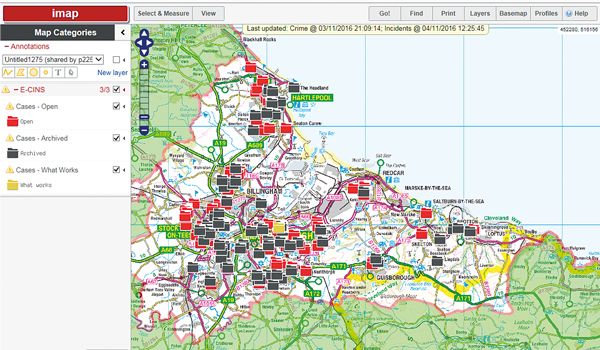BYOD productivity needs network boost
Exponential growth in the use of smart devices has led to significant and increased demand for bandwidth across 84 per cent of organisations surveyed globally, according to new research commissioned by BT and Cisco.

Exponential growth in the use of smart devices has led to significant and increased demand for bandwidth across 84 per cent of organisations surveyed globally, according to new research commissioned by BT and Cisco.
More than half (56 per cent) of IT managers have also noticed a resulting performance decline in some applications, which impacts negatively on the productivity gains promised by smart devices. Almost half (46 per cent) of workers with Wi-Fi access in their office have experienced delays logging on or accessing an application, while 39 per cent have noticed they are running more slowly now than before.
The research, which surveyed attitudes towards workers use of their own smart devices (laptops, tablets and smartphones) in 13 regions, reveals 76 per cent believe their organisations need to take further steps to fulfill the potential productivity gains that smart devices offer. Increased use of cloud solutions (33 per cent), greater use of specialist software (32 per cent) and greater support for smart device users (32 per cent) are what is needed to seize the opportunity.
Ubiquitous Wi-Fi access over a better network is key to the development of bring your own device (BYOD), but 45 per cent of employees still dont have wireless access to their corporate networks. Of those workers currently without Wi-Fi access in their organisation, more than two thirds (68 per cent) believe it would have a positive impact on their work, for example, it would make them more efficient and productive (31 per cent), help them work more flexibly (30 per cent) and stay in-touch (26 per cent).
The findings also indicate that network capacity is not the only challenge holding back benefits of BYOD. Despite overwhelming positivity among IT managers 84 per cent think adopting a BYOD policy confers a competitive advantage the research also highlights a lack of progress in adopting or articulating a consistent policy across wired, wireless and virtual private network (VPN).
Trust in employees continues to play a large role in whether companies permit BYOD. Around a quarter (26 per cent) of IT managers think that all workers understand their access requirements or permissions for their mobile devices. This figure has increased from 19 per cent in 2012, pointing to an increase in confidence. Yet only 26 per cent of employees that use a personal device for work recognise that this presents a risk to company security, suggesting IT managers are nervous with some justification.
BT Global Services vice-president of global portfolio, Neil Sutton, said: With networks creaking under the demands of smart devices and more than three quarters, (76 per cent) of users convinced that their organisation needs to step up to the opportunity, its clear that enabling BYOD in its many forms is about much more than simply cool devices and a mobile contract. Organisations need to consider elements of device compatibility, security, Wi-Fi, network, application performance, with a focus on driving costs down.
Gordon Thomson, director of enterprise networks for EMEAR at Cisco, added: We implemented a BYOD model internally, starting with mobile phones in 2009 and have managed to lower our costs per employee by 25 per cent. Over the last few years, we have added 82 per cent more devices to our base with 28 per cent more users.
Organisations looking to deploy a BYOD programme should look at a comprehensive BYOD plan and think beyond just the device and operating system, but about the services delivered to that device, user experience and productivity gains.
Adrian Drury, practice leader for consumer-impact IT at analysts Ovum, said the growth in employee smartphone and tablet ownership is changing the ways we work.
Implementing a BYOD policy is about enabling employees to work more flexibly, and be more productive, he said.
Draconian Wi-Fi access limitations or failure to invest in sufficient Wi-Fi coverage is a fast way to ensure a poor employee experience.
However, this is not a mandate for open networks.



